Lithium Polymer batteries have revolutionized the world of electronics with their high energy density, light weight, and customizable shapes — they’re the silent powerhouse behind our favorite gadgets, from drones to smartphones and everything in between. But have you ever wondered about the meticulous process behind bringing these small, yet powerful, energy sources to life?
LiPo batteries are created using a complex set of processes that involve everything from chemistry to electrical engineering. We’ll take a closer look at how the standard 7.4V 3000mAh LiPo battery, a popular configuration for many consumer electronics, is meticulously manufactured.
1. Formulation of Electrolyte
The process begins with the formulation of the battery’s electrolyte, a crucial mixture that allows the flow of electrical charge. This is a blend of lithium salts, solvents, and additives designed to provide the necessary ionic conductivity. The electrolyte defines many of the battery’s characteristics and is prepared in closely monitored environments to ensure quality and consistency.
2. Electrode Production
Next, the battery’s electrodes are produced. Typically, the anode is made of a lithium compound while the cathode is a composite of transition metals, such as cobalt or manganese oxide. These are manufactured as thin, highly porous sheets to maximize surface area and, subsequently, the battery’s capacity. Precision is key here, as any deviations can impact the battery’s performance.
3. Cell Assembly
During cell assembly, multiple layers of electrodes and separators are stacked and wound into a jelly-roll configuration — crucial for the battery’s continuous operation and safety. The electrodes, separated by a porous insulating layer, prevent them from coming into direct contact and short-circuiting. This is a delicate process, as even slight misalignment can lead to inefficiencies or safety issues.
4. Sealing and Encapsulation
Once assembled, the battery cell is sealed to prevent leakage of electrolyte and the entry of moisture or contaminants. This enclosure is typically a flexible, heat-sealable polymer that provides mechanical stability. The encapsulation process is performed in controlled environments to maintain the purity of the electrolyte and to avoid unwanted chemical reactions.
Quality control is paramount in battery manufacturing. Every batch undergoes rigorous testing to ensure they meet the specified voltage, capacity, and internal resistance. Manufacturers also perform safety and abuse testing to simulate real-world conditions, including overcharging, puncturing, and exposure to heat. Only after these tests can the batteries be considered road-worthy for your devices.
The life of a LiPo battery begins with the sourcing of raw materials — a quest for the purest components that conform to strict environmental standards. These materials are then transformed through chemical synthesis and physical processes to create the components of the battery — the anodes, cathodes, separators, and electrolytes. They are assembled with precision, encapsulated, and finally packaged for shipping. From there, they are distributed to OEMs and eventually installed in consumer electronics, ready to fulfill their energy delivery mandate across the globe.
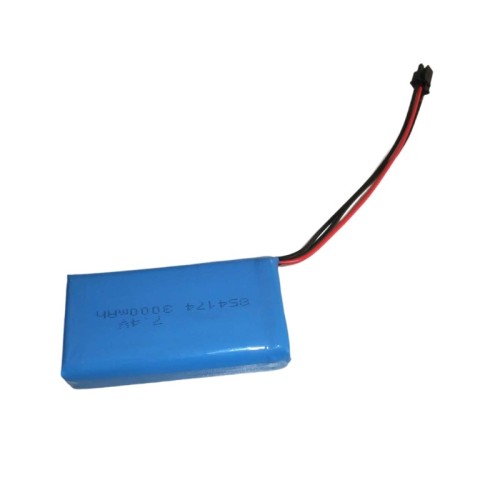
The world of LiPo batteries is not standing still. Innovations in manufacturing are driving the industry forward. One area of focus is the development of solid-state batteries, which promise even higher energy densities and enhanced safety compared to traditional LiPo batteries. Techniques involving roll-to-roll processing are also gaining popularity for their scalability and potential cost reductions.
The LiPo battery industry is a complex ecosystem filled with various stakeholders, from raw material suppliers to OEM manufacturers. Collaborations and partnerships between these entities are essential to advancing the field. Joint research and development ventures, supply chain integration, and close partnerships with end-product developers ensure that LiPo batteries continue to evolve, fulfilling the increasing power demands of modern technology.
The manufacturing process and subsequent testing and development of LiPo batteries are intricate procedures, essential to ensuring we receive the high-quality, reliable power sources we've come to depend on. Through careful planning, precision engineering, and a commitment to innovation, the LiPo battery industry plays a foundational role in powering our technology-driven lives.
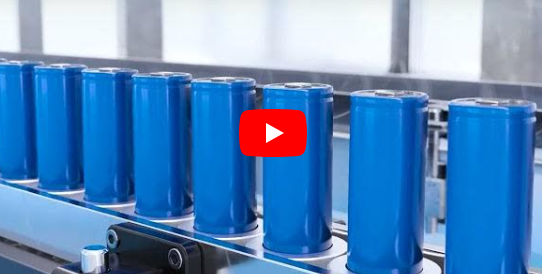 LiPo Batteries and Sustainability: Navigating Environmental Impact
LiPo Batteries and Sustainability: Navigating Environmental Impact
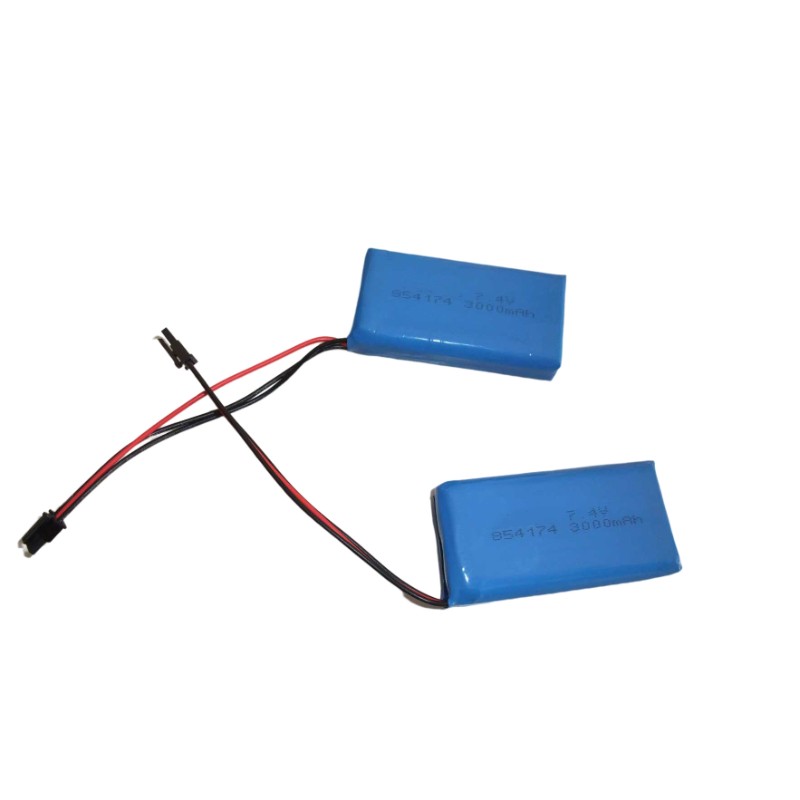 LiPo Batteries and Sustainability: Navigating Environmental Impact
LiPo Batteries and Sustainability: Navigating Environmental Impact
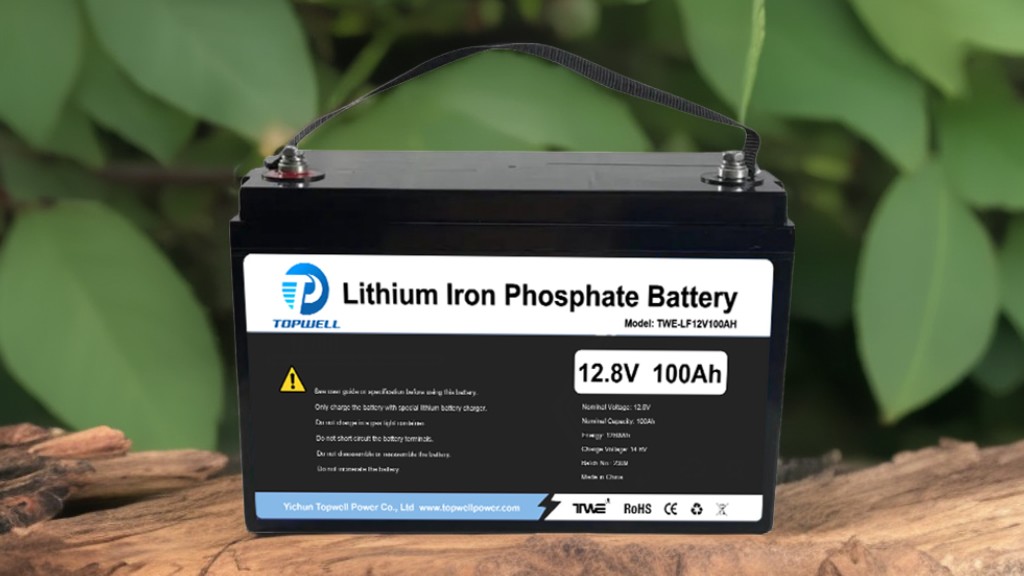 Exploring the Advantages and Applications of Lithium Iron Phosphate Batteries
Exploring the Advantages and Applications of Lithium Iron Phosphate Batteries
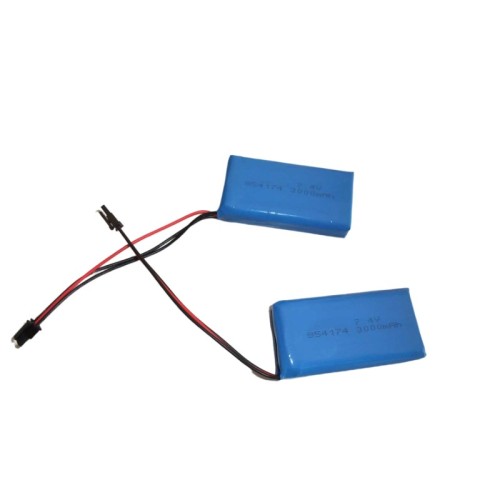 Innovation in Portable Power: The Advantages of 7.4V 3000mAh LiPo Batteries
Innovation in Portable Power: The Advantages of 7.4V 3000mAh LiPo Batteries